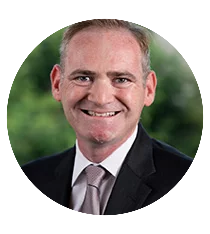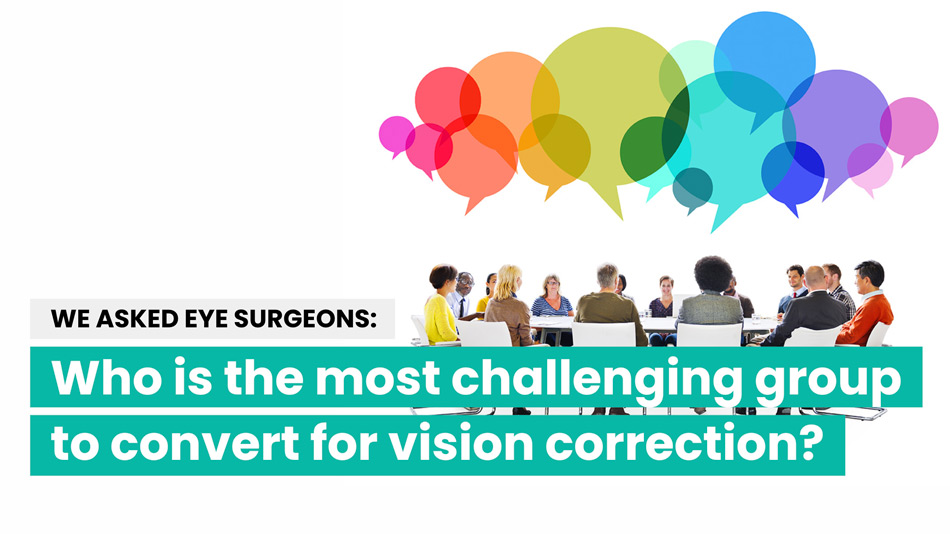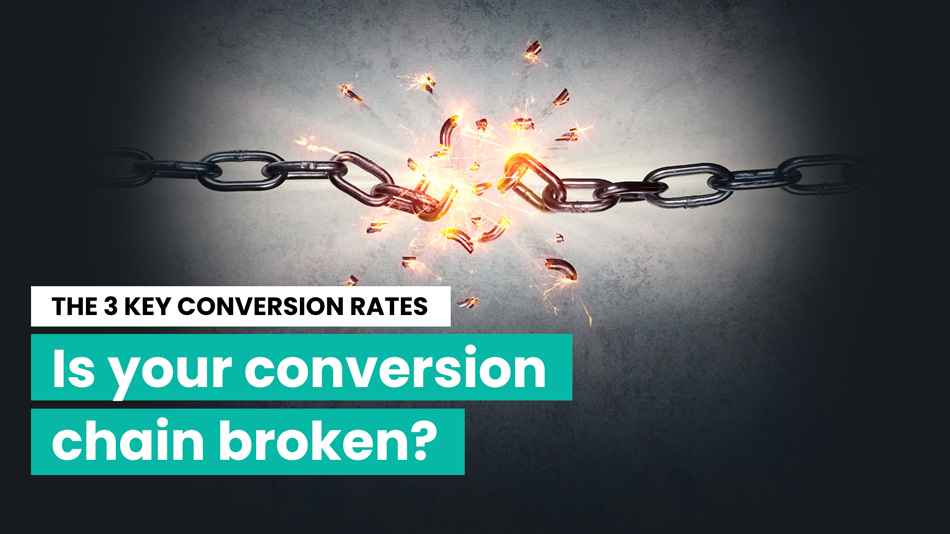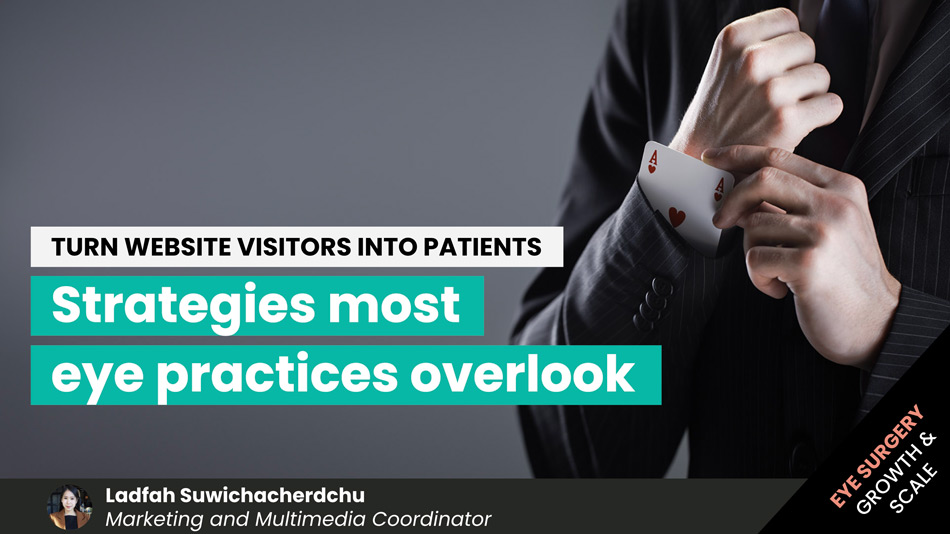Understand and leverage human motivation through two concepts: Part 1
I believe that good selling isn’t about convincing or persuading people to do things that they don’t want to do. Instead, good selling is about removing obstacles that are stopping people from doing the things they really want to do.
One of those obstacles in the way of people buying the things they want is our innate and very human ability to cope and adapt to daily hassles. Daily hassles those niggles, those everyday bothers, that tend to frustrate us over long stretches of time and influence our human motivation.
These hassles take many forms. It might be the daily public transport commute that we suffer through for years before finding work that is closer to home. It might be the kitchen-built-for-one that always just too small to really enjoy cooking a dinner at home. It might be the subconscious fear of not dealing with a legal issue, or the hassles of never quite liking the look of yourself in a mirror.
Past Motivating Incident (PMI)
We live with these daily hassles, and cope with them, because we as human beings have a remarkable ability to adapt. One might say, that our ability to adapt is one of the most advantageous aspects of our species that have enabled us to live wherever we please for as long as we have.
Eventually though, when the hassles get too much to bear, we experience what I describe as a Past Motivating Incident (or a PMI). This PMI might be just another daily hassle but somehow, through repetition or intensity, the PMI marks the time you’ve had enough. It’s the “straw that breaks the camel’s back and exceeds your power to adapt. It’s in cases like these when we’re most motivated to change, and when our human motivation leaps past our “do-something” line, that threshold that separates inertia and action.
It’s when we cross the “do-something” line that we are compelled to make begin searching for a solution to our problem in earnest. And it’s usually shortly after the PMI, that we make an initial enquiry with a service provider.
Because our powers of adaptation are so strong we are also adept at dulling our pain. Whether we do so by avoidance or amelioration, we numb these incidents in our minds in order to cope. After all, these incidents, and our memories of them, are inexorably intertwined with negative emotions that we’d rather suppress and not think about.
I have found that helping prospective customers relive their past motivating incidents is an extremely effective way of helping them motivate themselves to take further action on the telephone. This is why I train people to ask questions that enable prospects to remember and share these incidents with them. Retelling painful memories enable prospects to re-identify with the pain that lead them towards action in the first place, and allows them to overcome their own inertia by becoming more in touch with the emotions that drive decisions.
I also instruct people to use these approaches at appointments. Often, time will have passed between the first call and the appointment, which is now even further distant from the PMI. People might have a dip in human motivation at this time, which may lead to cancellation requests or second guessing. Should the commitment of the appointment lead them to attend, they still might need help in re-connecting with their emotional needs to motivate further action: the purchase.
Future Motivating Event (FME)
The moment of purchase is also an excellent time to ask prospects to remember the reasons why they are making these choices. I find that doing so reinforces their decisions that leads to less buyer’s remorse, and frequently better appraisals, testimonials and recommendations.The PMI is an important concept that is easy to understand and relate to, but almost never used in selling situations. It is by far, one of the most useful concepts in my inventory of concepts.
In our next post, I’ll discuss the PMI’s partner, the Future Motivating Event (or the FME). The FME, while not as powerful or motivating as the PMI, provides us with what the PMI cannot alone: a reason for urgency that often helps prospects commit to their choices because they are accompanied by deadlines.
Related Posts
Meet our Co-Founders
We’re passionate about helping leaders of high-quality, growth-minded practice owners double their practice revenue

Rod Solar
Founder & Scalable Business Advisor
For over 20 years, I’ve helped ophthalmology entrepreneurs scale their private practices. I specialise in doubling revenue within three years by offering a proven framework, hands-on experience, and a team of experts who implement what works. We take the guesswork out of growth and scale, so you can focus on delivering exceptional patient care while maximising the value of your business.
LiveseySolar completely transformed the way we were approaching this… We’ve gone from having just the dream of having a practice to having a practice up and running with people making inquiries and booking for procedures… It’s extremely pleasing. We feel lucky we connected with LiveseySolar.
— Dr Matthew Russell, MBChB, FRANZCO, specialist ophthalmic surgeon and founder of VSON and OKKO

Laura Livesey
Founder & CEO
I’m the co-founder & CEO of LiveseySolar. I’ve developed powerful eye surgery marketing systems that increase patient volumes and profits for doctors, clinics, and hospitals, since 1997.
Rod and Laura know as much about marketing surgery to patients as I know about performing it. They are an expert in the field of laser eye surgery marketing. They know this industry inside out. I believe that they could help many companies in a variety of areas including marketing materials, sales training and marketing support for doctors.
— Prof. Dan Reinstein, MD MA FRSC DABO, founder of the London Vision Clinic, UK












